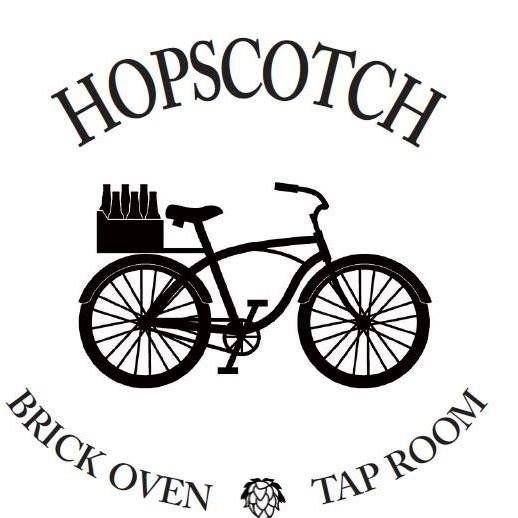Hopscotch Brick Oven & Taproom Blog
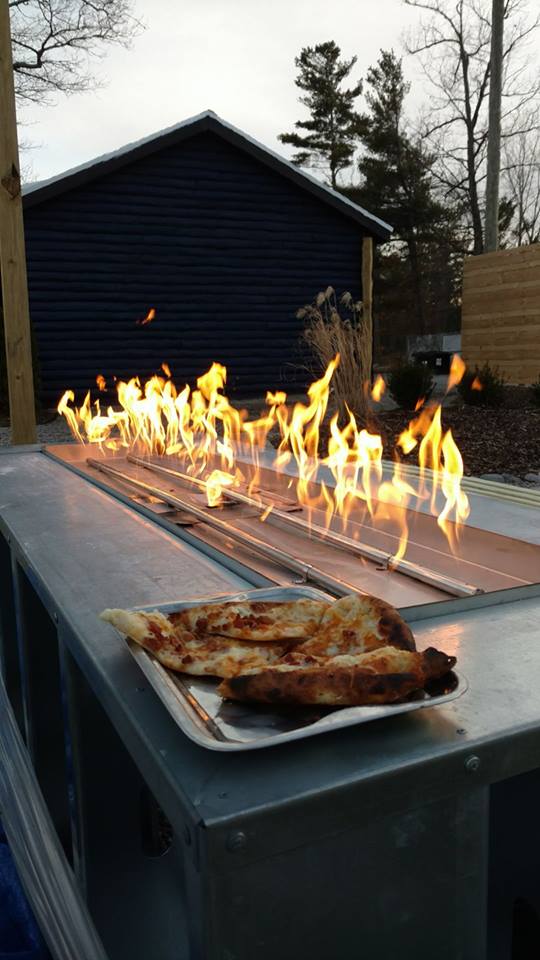
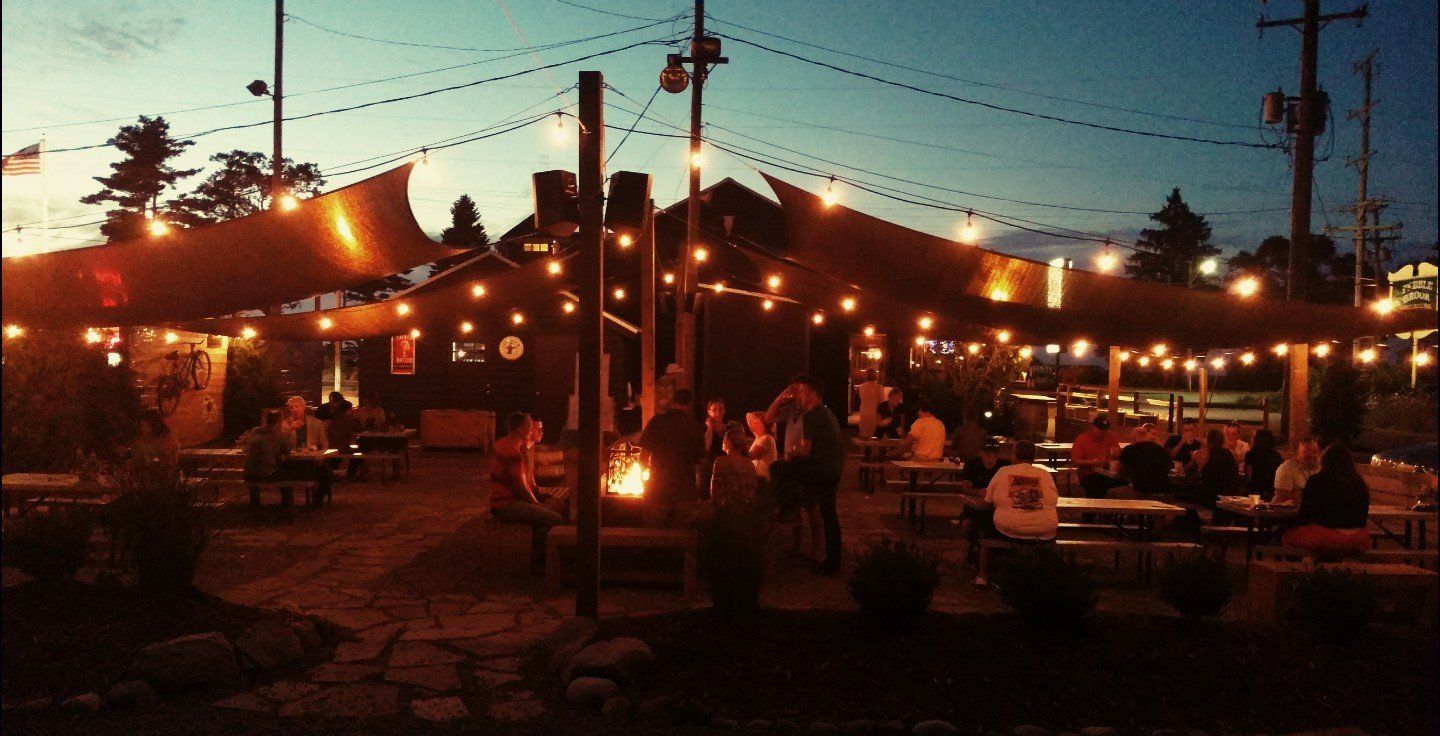
According to the "Encyclopedia of American Food and Drink" [2] the lobster roll originated as a hot dish at a restaurant named Perry's in Milford , Connecticut, as early as 1929. [2] [3] Its popularity then spread up and down the Connecticut coast, but not far beyond it. In Connecticut, the sandwich served warm is a "lobster roll", cold a "lobster salad roll".[ citation needed ]
As far back as 1970, chopped lobster meat heated in drawn butter was served on a hot dog bun at road side stands such as Red's Eats in Maine. [4] Lobster rolls in the U.S. are associated with the state of Maine, but are also commonly available at seafood restaurants in the other New England states and on Eastern Long Island , where lobster fishing is common.
Lobster rolls in Maine are characteristically served on a New England-style hot dog bun , which is split on the top instead of the side and has flat sides for grilling. The lobster meat is usually served cold, rather than warm or hot, and mayonnaise is typically spread inside the bun or tossed with the meat. The filling consists of chunked knuckle, claw, and lobster tail, and only lightly seasoned if at all, and is otherwise plain. Four ounces is a standard serving size.
Lobster rolls are a staple summer meal throughout the Maritime provinces in Canada , particularly Nova Scotia where they may also appear on hamburger buns, baguettes , or other types of bread rolls and even pita pockets. The traditional sides are potato chips and dill pickles.
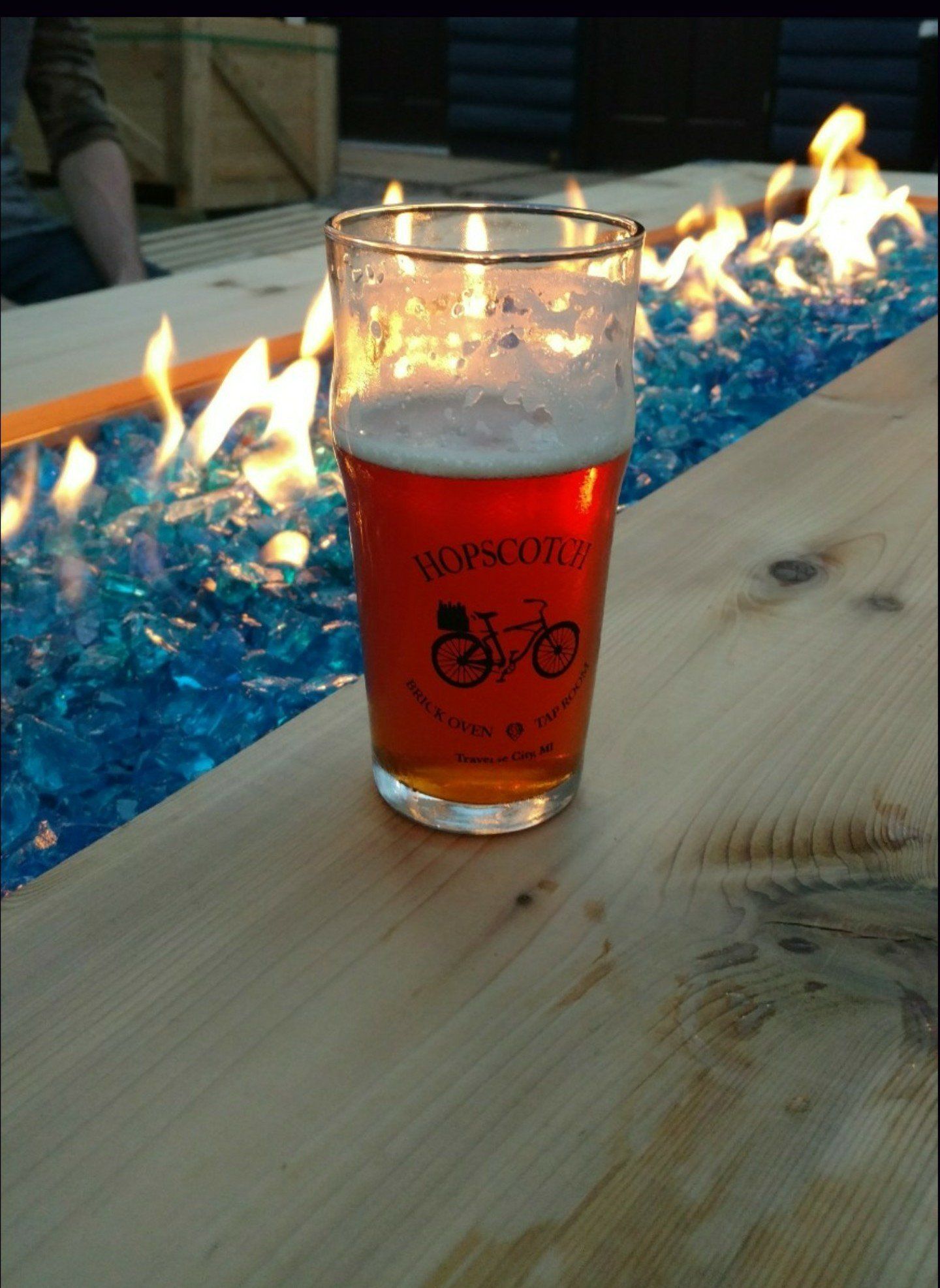
IPAs have a long history in the United States and Canada, and many breweries there produce a version of the style. Contemporary American IPAs are typically brewed with distinctively American hops, such as Cascade , Centennial, Citra, Columbus, Chinook , Simcoe, Amarillo , Tomahawk, Warrior, Neomexicanus, and Nugget.
East Coast IPAs are distinguished from West Coast IPAs by a stronger malt presence, which balances the intensity of the hops, whereas hops are more prominent in the western brews, possibly because of the proximity of West Coast breweries to hop fields in the Pacific Northwest. East Coast breweries rely more on spicier European hops and specialty malts than those on the West Coast.
Double IPAs (also referred to as Imperial IPAs) are a stronger, very hoppy variant of IPAs that typically have alcohol content above 7.5% by volume. [30] The style is claimed to have originated with Vinnie Cilurzo, currently the owner of Russian River Brewing Company in Santa Rosa, California , in 1994 at the now-defunct Blind Pig Brewery in Temecula, California. [d] The style has been embraced by the craft brewers of San Diego County, California , to such an extent that double IPAs have been referred to as "San Diego pale ale".
In the United States, sales of IPAs have increased, helping drive the craft beer renaissance.
Brisket has a long history in the United States dating back to the indigenous Indians of southern Texas. Brisket is synonymous with Texas culture and has long been a standing staple for residents there.
In traditional Jewish cooking , brisket is most often braised as a pot roast , especially as a holiday main course, usually served at Rosh Hashanah , Passover , and on the Sabbath. For reasons of economics and kashrut , it was historically one of the more popular cuts of beef among Ashkenazi Jews. Brisket is also the most popular cut for corned beef , which can be further spiced and smoked to make pastrami. The Jewish community in Montreal also makes Montreal-style smoked meat , a close relative of pastrami, from brisket. [2]
In Hong Kong , it is cooked with spices over low heat until tender, and is commonly served with noodles in soup or curry. [3]
In Korean cuisine , traditionally it is first boiled at low temperature with aromatic vegetables, then pressed with a heavy object in a container full of a soy sauce-based marinade. The ensuing preserved meat is served in match-length strips as an accompaniment ( banchan ) to a meal. This is called jang jorim . Brisket is also the main ingredient in a spicy soup called yuk ke jang , part of the class of soups that are complete meals in Korean cuisine. Nowadays, it is also popular to cook thin slices of it quickly over a hot plate.
In Thai cuisine , it is used to prepare suea rong hai , a popular grilled dish originally from Isan.
In New Zealand cuisine , it is used in a boil-up. Boiled in seasoned water with green vegetables and potatoes, it is popular amongst Maori people.
It is a common cut of meat used in Vietnamese phở soup.
In Britain , it is not generally smoked, but is one of a number of low-cost cuts normally cooked very slowly in a lidded casserole dish with gravy. The dish, known as a pot roast in the United States, but more commonly as braised or stewed beef in the UK, is often accompanied by root vegetables. Good results may also be achieved in a slow cooker. Cooked brisket, being boneless, carves well after refrigeration, and is a versatile, cheaper cut.
In Italian cuisine , brisket is used to prepare bollito misto , a typical Northern Italy recipe.
In Pakistan it is used in nihari , a national dish.
In Germany , brisket is braised in dark German beer and cooked with celery, carrots, onions, bay leaves , and a small bundle of thyme.
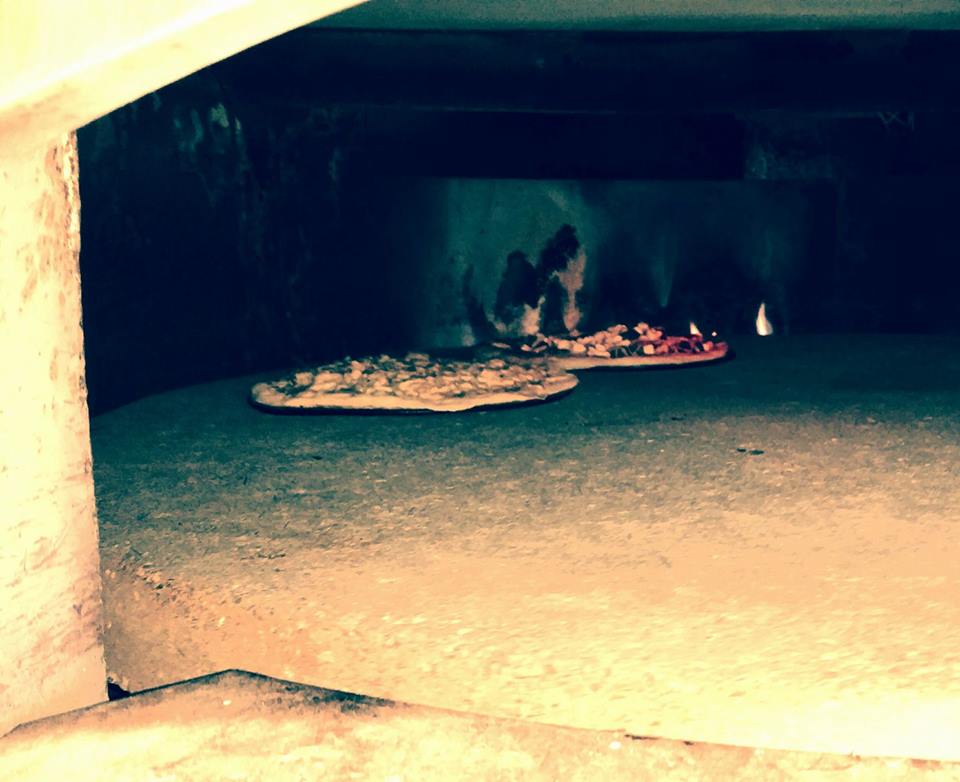
The traditional direct-fired masonry design is often called a "Roman" or "black" oven and dates in Western culture to at least the Roman Republic. It is known as a black oven because the fire generates soot on the roof of the oven. Black ovens were often built to serve entire communities (cf the banal ovens of France, which were often owned by the local government and whose operators charged a fee to oven users) [5] [6]. Such ovens became popular in the Americas during the colonial era. They are widely used in artisanal bakeries and pizzerias , restaurants featuring pizzas and baked dishes, and increasingly as small backyard or home ovens.
So-called "white ovens" are a later development, and are heated from the outside of the masonry such that flame and soot never touch the inner oven walls -- they are more common as accessory features of a masonry heater. A compromise design known as the gueulard in France combines aspects of both internal and external-fired models.


According to the "Encyclopedia of American Food and Drink" [2] the lobster roll originated as a hot dish at a restaurant named Perry's in Milford , Connecticut, as early as 1929. [2] [3] Its popularity then spread up and down the Connecticut coast, but not far beyond it. In Connecticut, the sandwich served warm is a "lobster roll", cold a "lobster salad roll".[ citation needed ]
As far back as 1970, chopped lobster meat heated in drawn butter was served on a hot dog bun at road side stands such as Red's Eats in Maine. [4] Lobster rolls in the U.S. are associated with the state of Maine, but are also commonly available at seafood restaurants in the other New England states and on Eastern Long Island , where lobster fishing is common.
Lobster rolls in Maine are characteristically served on a New England-style hot dog bun , which is split on the top instead of the side and has flat sides for grilling. The lobster meat is usually served cold, rather than warm or hot, and mayonnaise is typically spread inside the bun or tossed with the meat. The filling consists of chunked knuckle, claw, and lobster tail, and only lightly seasoned if at all, and is otherwise plain. Four ounces is a standard serving size.
Lobster rolls are a staple summer meal throughout the Maritime provinces in Canada , particularly Nova Scotia where they may also appear on hamburger buns, baguettes , or other types of bread rolls and even pita pockets. The traditional sides are potato chips and dill pickles.

IPAs have a long history in the United States and Canada, and many breweries there produce a version of the style. Contemporary American IPAs are typically brewed with distinctively American hops, such as Cascade , Centennial, Citra, Columbus, Chinook , Simcoe, Amarillo , Tomahawk, Warrior, Neomexicanus, and Nugget.
East Coast IPAs are distinguished from West Coast IPAs by a stronger malt presence, which balances the intensity of the hops, whereas hops are more prominent in the western brews, possibly because of the proximity of West Coast breweries to hop fields in the Pacific Northwest. East Coast breweries rely more on spicier European hops and specialty malts than those on the West Coast.
Double IPAs (also referred to as Imperial IPAs) are a stronger, very hoppy variant of IPAs that typically have alcohol content above 7.5% by volume. [30] The style is claimed to have originated with Vinnie Cilurzo, currently the owner of Russian River Brewing Company in Santa Rosa, California , in 1994 at the now-defunct Blind Pig Brewery in Temecula, California. [d] The style has been embraced by the craft brewers of San Diego County, California , to such an extent that double IPAs have been referred to as "San Diego pale ale".
In the United States, sales of IPAs have increased, helping drive the craft beer renaissance.
